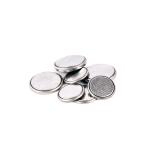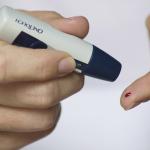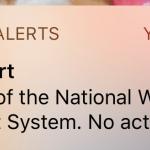Prior to the birth of baby Archie to the Duchess of Sussex Meghan and her husband Prince Harry, there was much media speculation that they were opting for a home birth instead of a hospital one.
emergency medicine
President Jimmy Carter is recovering from surgery for a broken hip sustained after a fall at home.
A 50-year-old man’s rare condition caused by a catastrophic stroke leaves him unable to move, speak or perform basic functions like chewing an
With the goal of reducing transport inefficiencies that contribute to wasted organs for transplant, a multidisciplinary team from the University of Maryland’s
A 21-year-old man fell down a well while doing repairs and construction work only to sustain an otherwise catastrophic head trauma involving a metal rod piercing through his skull.
New research published in Pediatrics analyzed the rate of foreign-body ingestions (FBIs) in young children (under age 6) only to determine it inc
With the tragic death of beloved actor Luke Perry of television’s Beverly Hills 90210 and Riverdale fame secondary to last week’s reported “mass
A bus driver involved in a crash was charged with “child endangerment, driving while impaired and possession of drug
Minneapolis’s Hennepin County Medical Center finds itself in hot water over allegedly systemic practices that, in concert, might have viol
Yesterday, most of the nation received a test of the following alert on our cell phones:












